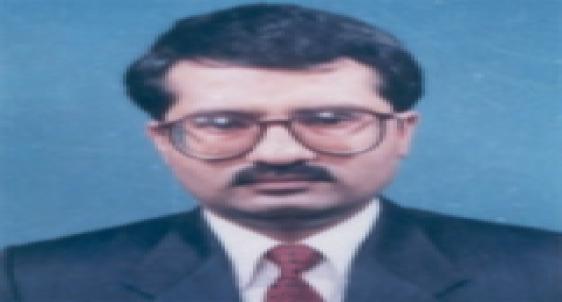
To know about the progress so far, MBAUniverse.com interviewed Prof Biju Paul Abraham, Chairman, Post Graduate Programme for Executives (PGPEX) at Indian Institute of Management (IIM-C).
Prof Abraham, an M.Phil. from JNU, New Delhi and Ph.D. from King's College London, he has also been the Chairman of the Post Graduate Programme at the Indian Institute of Management Calcutta from November 1999 to November 2001.
Today domestic industries are also looking for new ideas to compete at national or international levels. This programme helps to build professionals who can serve new ideas to these industries. The project during the PGPEX which is called International Immersion is designed to work on international projects where students have to develop and apply various ideas on these projects either working in India or abroad.
The candidates come from a variety of profiles like we have a superintendent engineer from India's leading Oil & Natural Gas company, additional commissioner in Central Board of Excise & Customs, Govt of India and business development manager from a leading global power and transport infrastructure company.
Our placement record reflects the confidence that industry has on our alumni. The very first batch of PGPEX bagged excellent placement offers. The placement process drew 48 companies for the 39 graduating students. The average domestic salary was Rs 19.98 lacs. The average international salary was $ 120,000. Companies like McKinsey and Co., AT Kearny, AD Little, Accenture Consulting, PWC Global, TCS, HCL Tech, HUL, ITC, PepsiCo and Wal-Mart recruited from the PGPEX batch.
Participants are selected from around the world through a tough selection process that reviews a candidate's work experience and educational achievements. The preliminary selection is based on the GMAT score and review of the application. The final selection is based on a detailed interview.
In essence, we look for a candidate who has the potential to reach at leadership positions where he can leverage his learnings, skills and experiences. We are looking for candidates who are leaders of tomorrow.
Distance learning programmes are good for those who only want to acquire skills and apply them into the industry where they are working. In this case they don't need to quit their jobs.
The short term programmes like MDPs are meant for those who want to gain education in a particular area which maybe new to them, or where there are new developments.
The one year programme of the PGPEX type is relevant for those who aspire for top jobs and want to get ready for the challenges. It's a leadership programme.
Q- What are the future expansion plans for programme?
A- We are increasing our batch size to 48 candidates next year. We are planning to add more electives and make the curriculum more aligned to international trends.


























